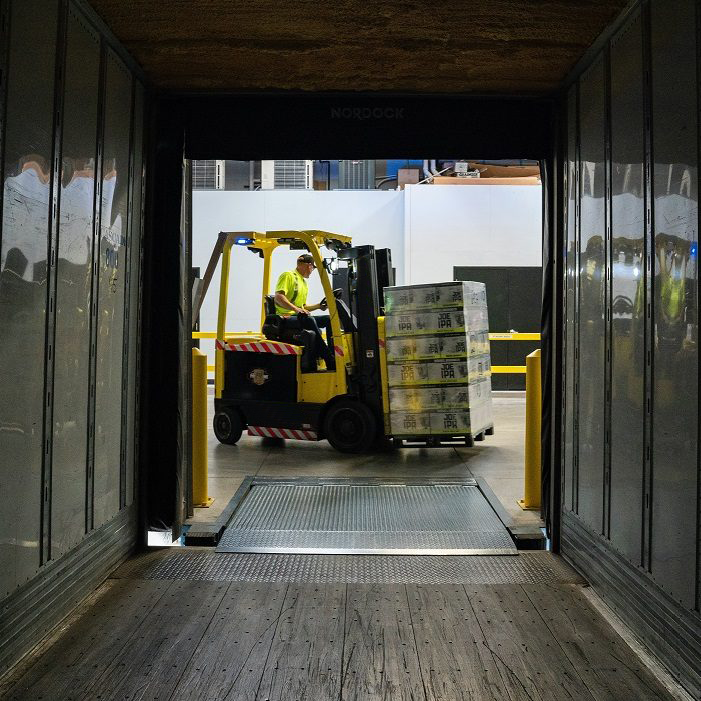
Buying or Leasing Forklifts? A Guide to Making The Right Choice
What are the arguments for and against leasing forklifts? Consider the variables that come into play when you make the decision.
Few warehouse operators can escape the question of buying versus leasing forklifts. Which option makes the most financial and operational sense? A large percentage of US businesses lease at least a portion of their equipment. Leasing is, in fact, the fastest growing and largest external source of capital investment in the United States and throughout the world.
That being said, the decision whether to buy or lease forklift equipment is not always as straightforward as these facts may make it seem. If leasing forklifts is an optimal decision for one business, the same arguments do not necessarily apply to another.
In this post, we’ll touch on a few key variables that can sway the decision toward leasing — or not.
The arguments for leasing forklifts
Preserved value:
One of the most common arguments in favor of leasing forklifts boils down to value. Unlike a house that tends to appreciate in value over time, we all know that’s not the case for forklifts. Not assuming ownership may therefore seem like a sound decision.
Lower monthly payments:
Whether you purchase a forklift outright or pay a percentage in down payment, the cost will be considerable. Leasing forklifts, on the other hand, gives you immediate access to the same top-of-the-line equipment but at a much lower monthly cost and fixed financing.
Better productivity and competitiveness:
New equipment works better than old. Downtime is shorter, repairs fewer. If the lease term extends between three and five years, you never enter that critical phase when the machine starts to falter. In addition, the right distributor offers regular service and timely repairs should issues arise. You also get a competitive edge when your team members can take advantage of the latest features rather than make do with a forklift that’s heading for retirement.
Opportunity to test:
If the leased forklift turns out to be everything you wanted it to be, buy it. Leasing does, in a sense, work like a trial. It lets you try out equipment without being forced to commit right away. Should you see no need to trade in or return the forklift when the term is up, most leases include a provision to purchase it.
Advantageous taxes:
Check your state or provincial take rules. You may live in a state that considers leasing a 100% tax deductible operational expense.
Improved budgeting:
The lease agreement leaves little room for surprises. An operating lease, for instance, lets you pay for only the times you use the truck rather than total cost of ownership. This means cost closely matches use, which should help with budgeting.
The arguments against leasing
Leasing terms:
When you sign a lease, you commit for a certain period of time. Just as if you were buying, you should assess whether the time frame suits your priorities. The same goes for the use clause; don’t run up penalties for overuse because you failed to properly account for the hours you would need the equipment. Look beyond that tempting quote to ensure it actually covers both the length and scope of your operational needs.
Paying without owning:
There’s no denying that at the end of the lease term, the asset is still not yours to resell or borrow against. You are paying for the benefit of sending it back with no obligation. The convenience and benefits of easy upgrades and access to the latest releases is enough for many operators, but not all.
Risk of poor service:
Lackluster customer service and poor maintenance can torpedo even the best deal. Before signing any forklift lease, take proactive steps to ensure the service department meets your standards. You can avoid future issues by doing your homework early on.
The arguments for buying
Owning a forklift gives you a certain degree of independence. You’re free to sell as you wish and run it without any constraints. Once it is paid off, you no longer have to budget for monthly payments and interest.
The arguments against buying
Unless you make a down payment or buy the forklift outright, you’ll need financing, which typically entails a higher monthly payment at a higher interest rate. And, as with any vehicle, it depreciates in value the moment it comes in your possession.
If your needs change, owning makes it more challenging to pivot. You can potentially get stuck with payments, maintenance and repair costs, even when the truck has served its purpose.
When does leasing forklifts make sense?
For all the above arguments, the decision whether to buy or lease finally comes down to what kind of operation you’re running. In the vast majority of cases, leasing does make the most sense. This is especially true if:
- You operate forklifts more than 1,500 hours per year. It’s a dynamic that strongly favors the most up-to-date equipment and baked-in maintenance.
- You are confident that your usage needs will remain largely the same, or not decrease, in the near future.
- Your equipment needs change in a predictable pattern. Leasing then allows you to leverage only the equipment you need most, when you need it.
When is buying a forklift a better option?
If a few specific variables align, buying a forklift is on the table:
- Utilization is unpredictable.
- Utilization is generally low.
- You can operate the equipment for at least seven years with little maintenance.
- You have excess capital to invest.
In such a scenario, leasing the latest equipment is not necessary. You may instead consider buying a used forklift that will serve you well without racking up budget-breaking maintenance and repair costs.
Final word
There are, as you know, many arguments to consider. If we can help answer any questions about what arrangement would benefit your business, please don’t hesitate to reach out.
Read Our Latest Articles
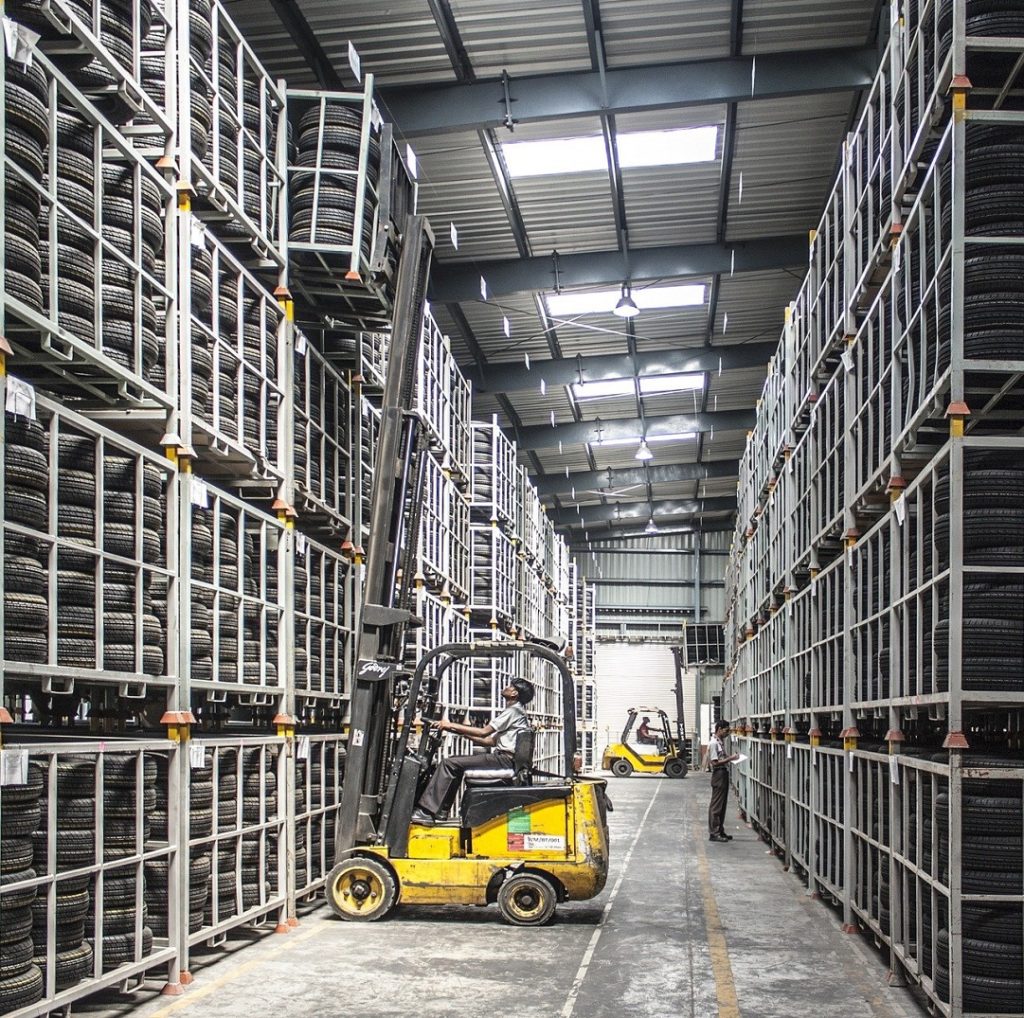
Ergonomics vs. Cost: How To Evaluate Your Material Handling Safety Needs
To determine what equipment you need to maximize material handling safety, answer these questions…
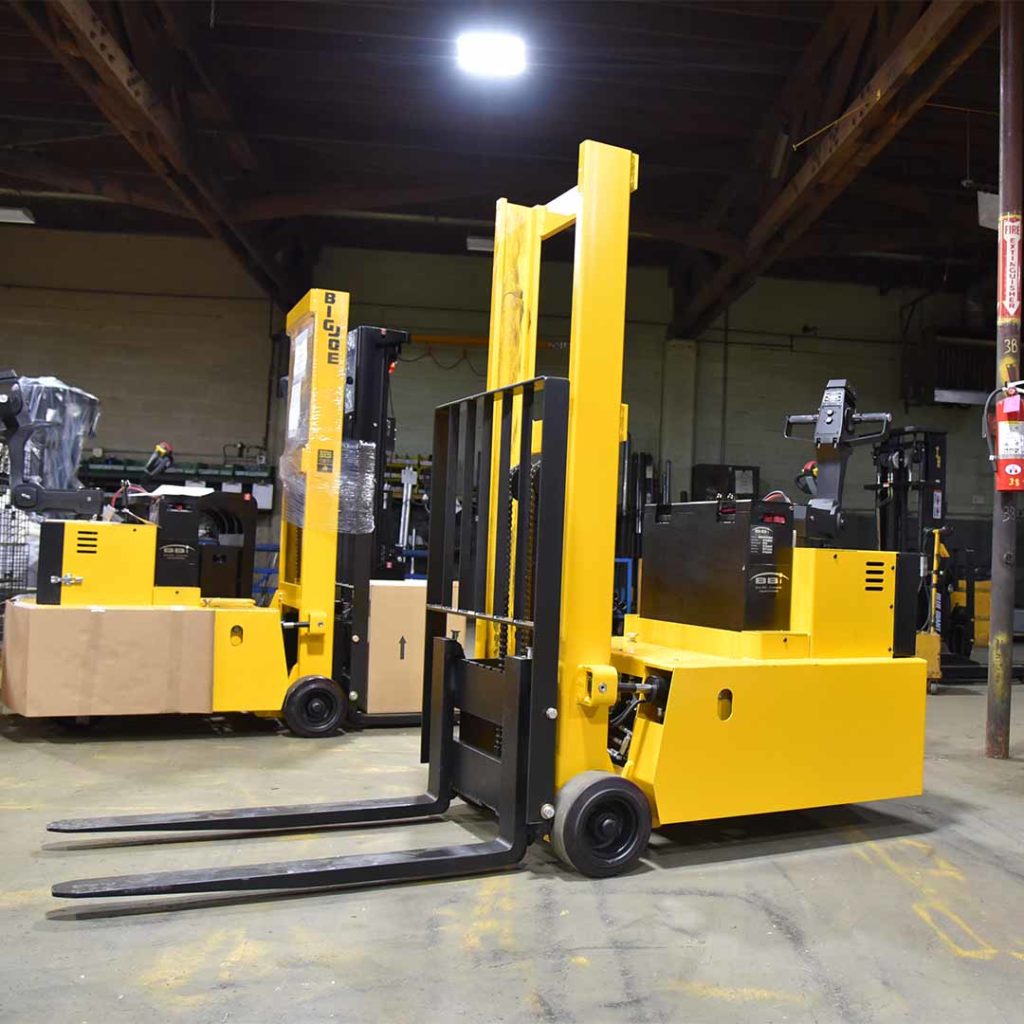
Among Forklift Companies, Big Joe Packs Decades of Expertise. Guess Who Benefits?
Few forklift companies have been in business for 53 years. Now, Big Joe leverages all that experience to help customers grow even stronger…
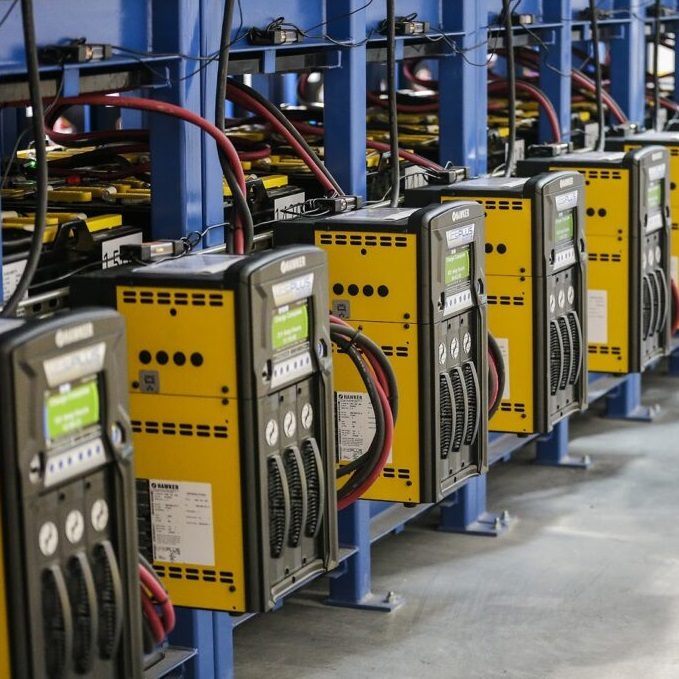
The Facts Are In – And They Favor Electric Forklifts
Should I go electric? We only have to look at the growing share of electric forklifts to see a majority of companies now say, “Yes, you should.”
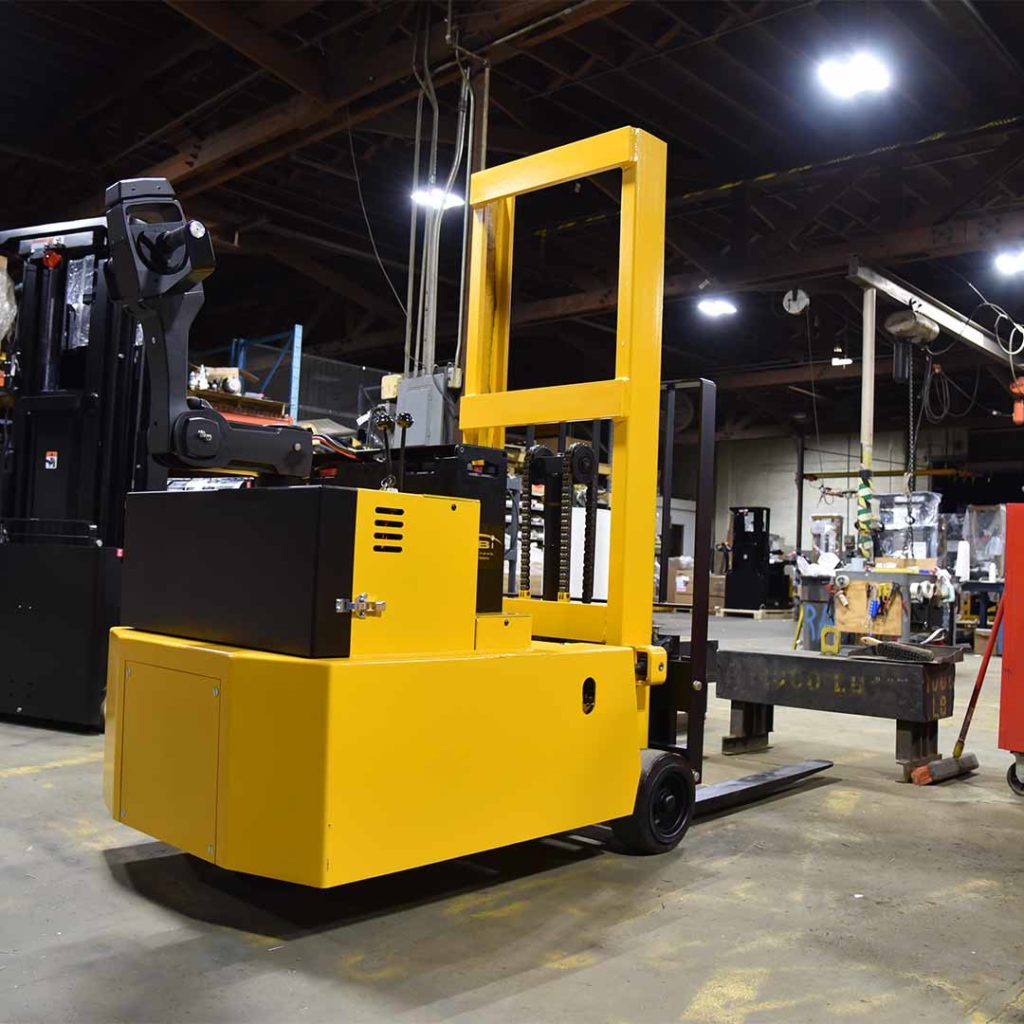
How To Find A Distributor That Offers Great Forklift Prices –
And More
Great forklift prices are just the beginning. Look for these 4 features to find a distributor who can deliver the whole package…
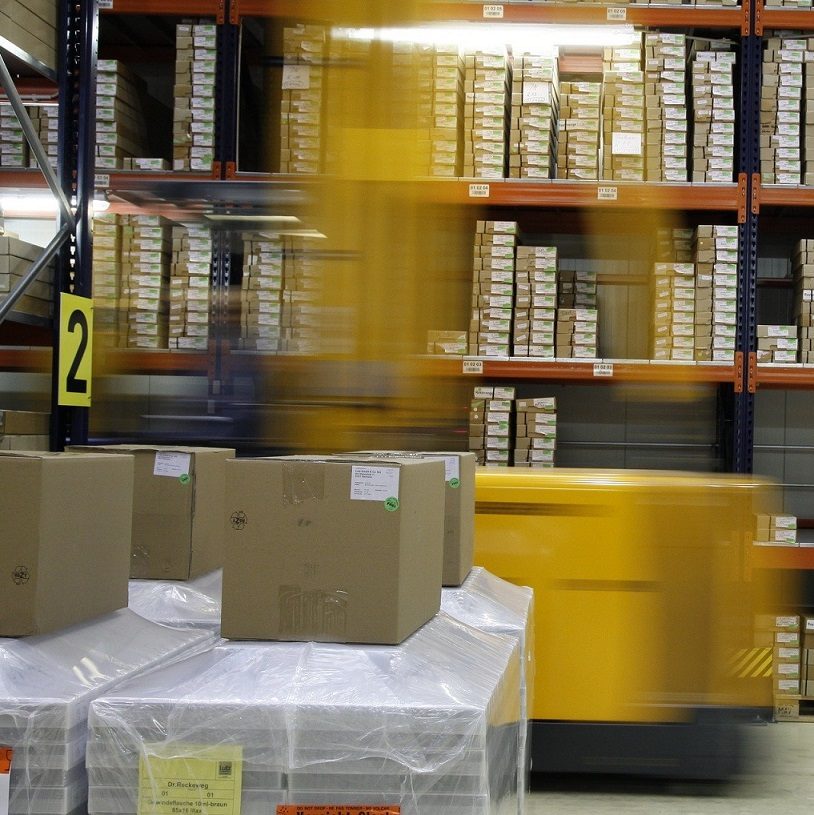
Four Pieces of Material Handling Equipment Every Small
Warehouse Needs
Small warehouses often do not require the same fleets seen in many distribution centers or main production plants. Deploying the right equipment can increase productivity and more…

Buying or Leasing Forklifts? A Guide to Making The Right Choice
A large percentage of U.S. businesses lease a portion of their equipment. But the decision of whether to buy or lease forklift equipment is not always as straightforward as it may seem…
